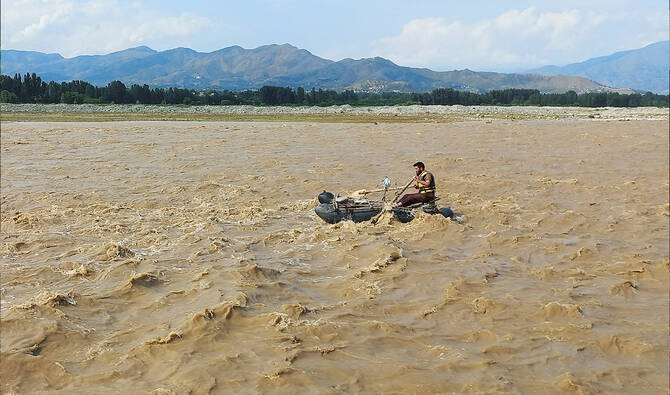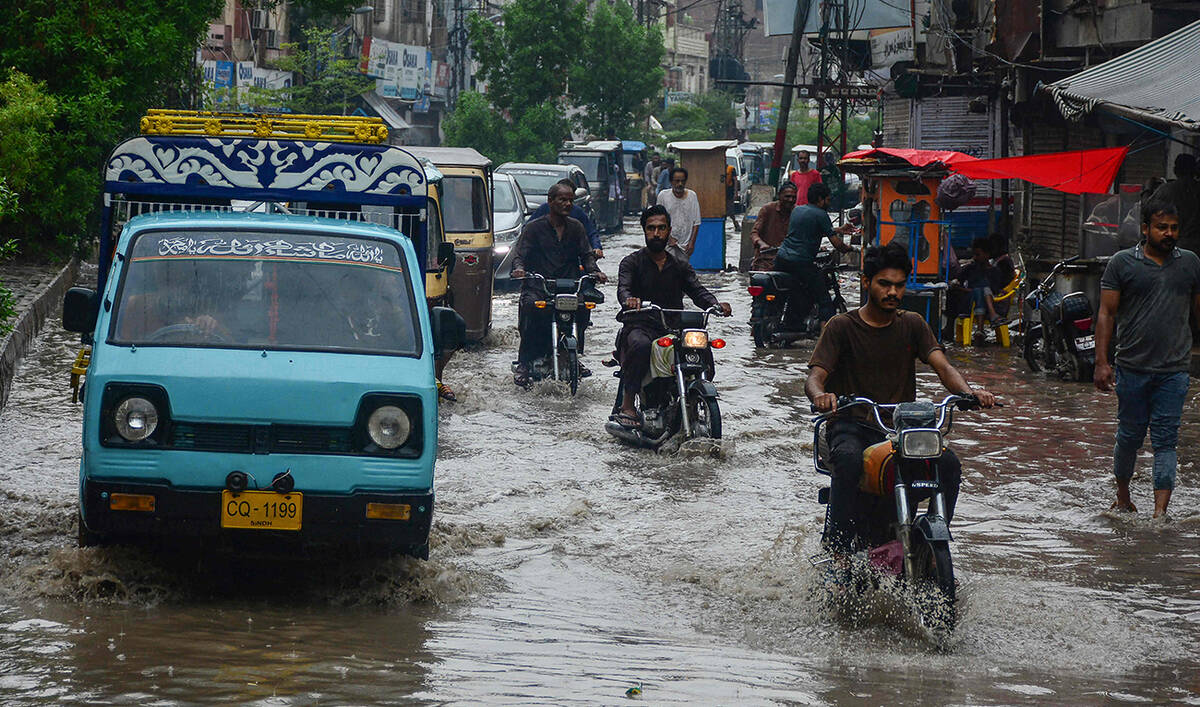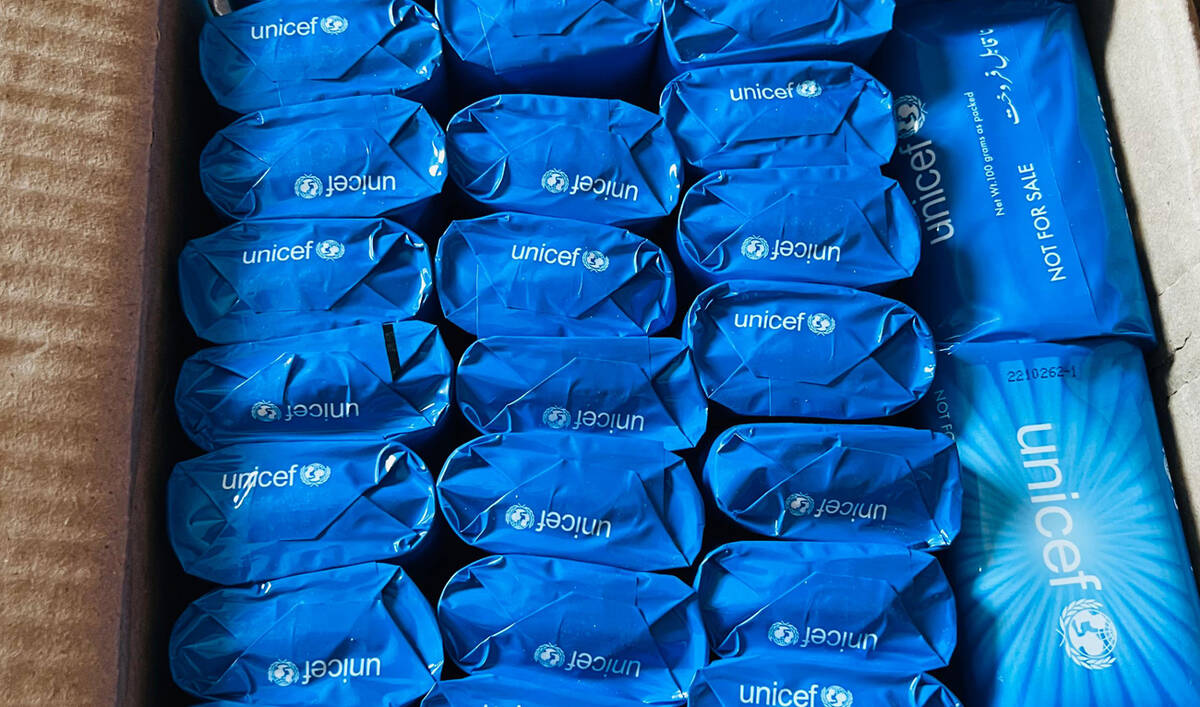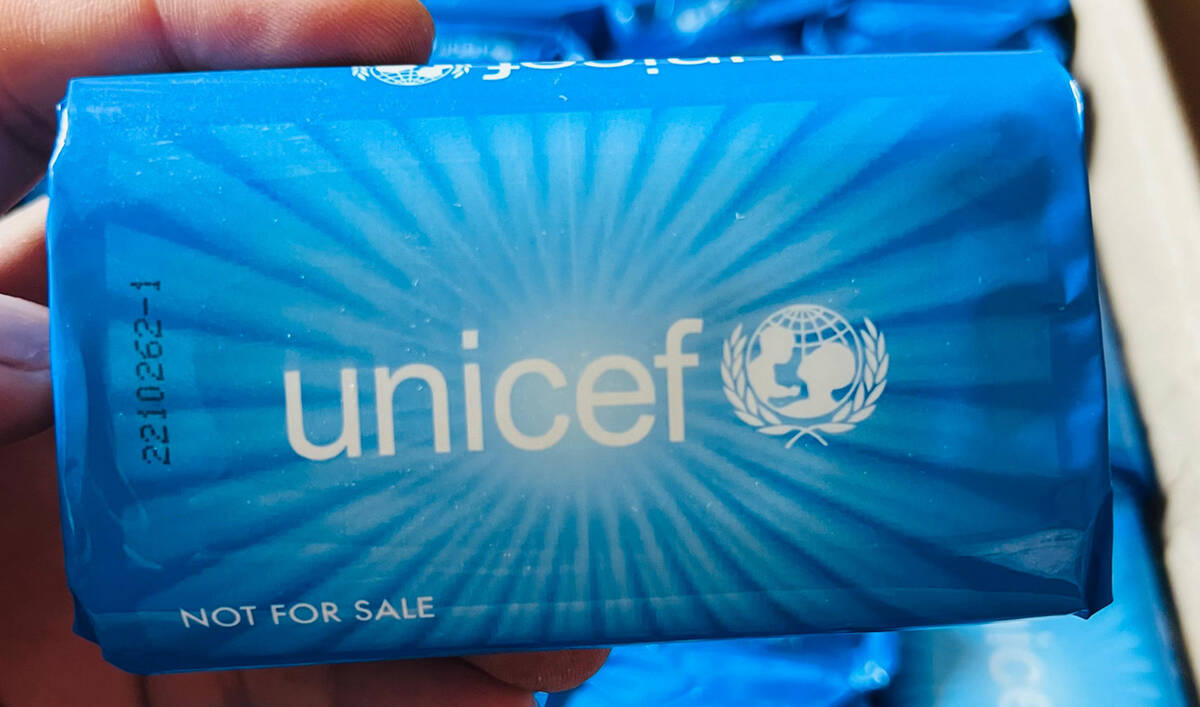GADANI, Balochistan: Rajab Ali peered out of the window of a building in the coastal Pakistani town of Gadani last week, his gaze fixed on a MING CHING vessel that had arrived on this shore just days ago all the way from Japan.
Once one of the world’s main destinations for end-of-life vessels, with at least two ships — from Japanese ore carriers to Italian passenger ferries — daily docking on each of the 132 dismantling plots on its 10-kilometer-long coastline, last month as four ships arrived on Gadani beach after over six months, Ali breathed a short sign of relief: his laborers would finally be able to make an honest day’s living.
South Asian breakers like Pakistan, India, and Bangladesh, which controlled about 70 percent of the market until less than a decade ago, have been hit by a flood of cheap Chinese steel and new European Union environmental rules that have pushed business to more modern yards in places like China and Turkiye, devastating local economies.
The impact has been felt in Gadani in the southern Hub district of Balochistan, where the number of active yards fell to seven this year from over 130 in 2000, according to the Pakistan Ship Breakers Association. The number of vessels beached also dropped to seven so far this year from around 75 big ships in 2019. Only around 30 ships have been dismantled in the last one year.
The industry has also taken a hit due to worldwide calls to stop beach scrapping because of the danger and environmental damage from pollutants left to drain into the sea. Workers, earning as little as $4 a day, face health hazards such as lead paint and asbestos when working on ships, and are injured or killed from being crushed by giant falling steel plates or high-tension cables that snap and decapitate.
Meanwhile, Pakistan has yet to ratify the 2009 Hong Kong Convention, which aims to improve hazardous working conditions in ship recycling facilities worldwide, Mohabat Khan Babar, additional general manager at the Balochistan Development Authority, told Arab News, saying the industry in Pakistan was struggling to evolve to come in line with new regulations.
The international accord is set to begin within 24 months after Bangladesh and Liberia became the latest countries to ratify it this year, meaning Pakistan’s shipbreaking industry will suffer further if it doesn’t catch up.
“The gradual weakening of the Pakistani rupee, the absence of worker-friendly shipbreaking policies and laws, the lack of government support to make the industry competitive on a global scale … all contribute to this decline,’” said Nasir Mansoor, General Secretary of the National Trade Union Federation of Pakistan.
A law his organization had drafted in 2017 following a fatal fire at Gadani had never seen the light of day, Mansoor said.
“Pakistan will either need to ratify treaties like the Hong Kong Convention or bear the consequences,” Mansoor added. “As India and other countries have ratified it, it will automatically become obligatory on Pakistan, whether it rectifies it or not. Consequently, we will lose business, and we can say that the impact of it will be that no ship will come.”
Babar, from the Balochistan Development Authority, insisted Pakistan had revised standard operating procedures to ensure safety, which were now being “strictly implemented.”
When asked about exact measures Pakistan has taken to meet both international safety and environmental standards, Babar declined to comment.
Meanwhile, the ships stay away.
“We are yearning to see ships,” said plot manager Ali, 46, who first arrived in Gadani from the southern city of Umerkot nearly 25 years ago and has seen the ship graveyard at its peak, when it provided direct employment to over 30,000 people.
“Today, it is deserted. There are no hotels, no laborers, there is nothing here.”
Things have gotten worse at the yard, officials and workers said, in the last two years, as the country’s overall economic condition has declined. Pakistan is currently dealing with a balance of payments crisis and requires billions of dollars in foreign exchange to finance its trade deficit and repay its international debts in the current financial year.
Raja Muhammad Aslam, 47, who came to work at Gadani from central Pakistan this month, said he had been employed at the yard since 2000 but this was the “worse state” it had ever been in.
“For the past year or two, the situation in Gadani has deteriorated,” Aslam told Arab News. “There is no business, no ships arriving, and all the laborers are struggling.”
Officials and laborers said the recent arrival of four ships had only brought temporary relief.
Fazal-e-Subhan, who manages Plot-122, said four ships arriving in a yard where 46 companies operated made “little difference.”
“If we don’t receive another ship within a month or fifteen days, the work will come to a halt,” he said. “These laborers will be left jobless.”




















